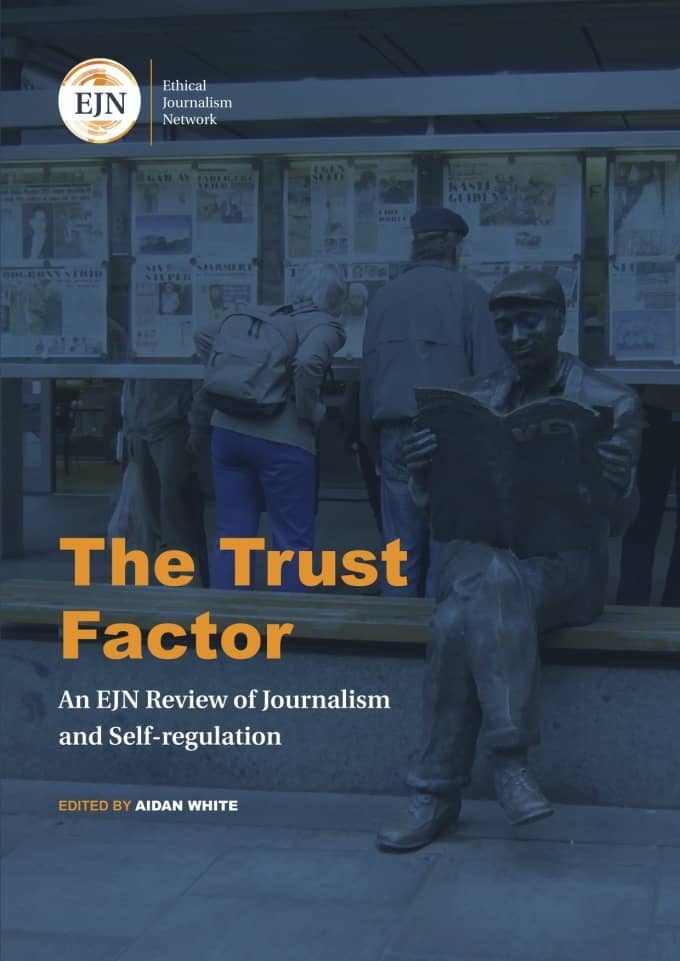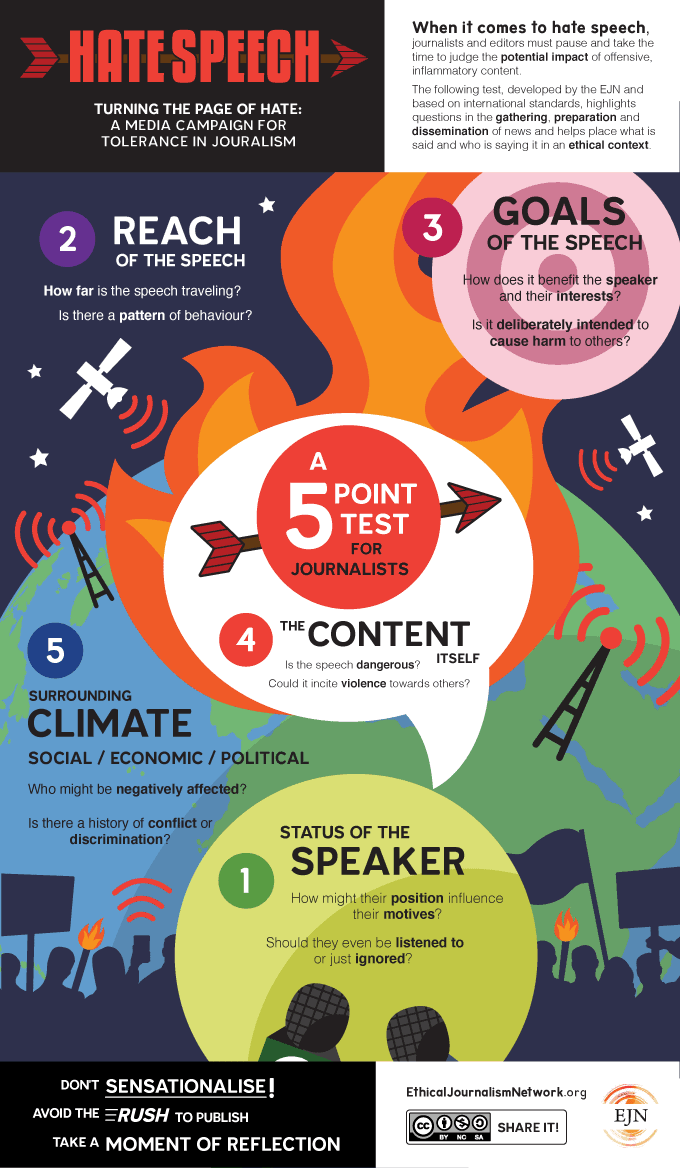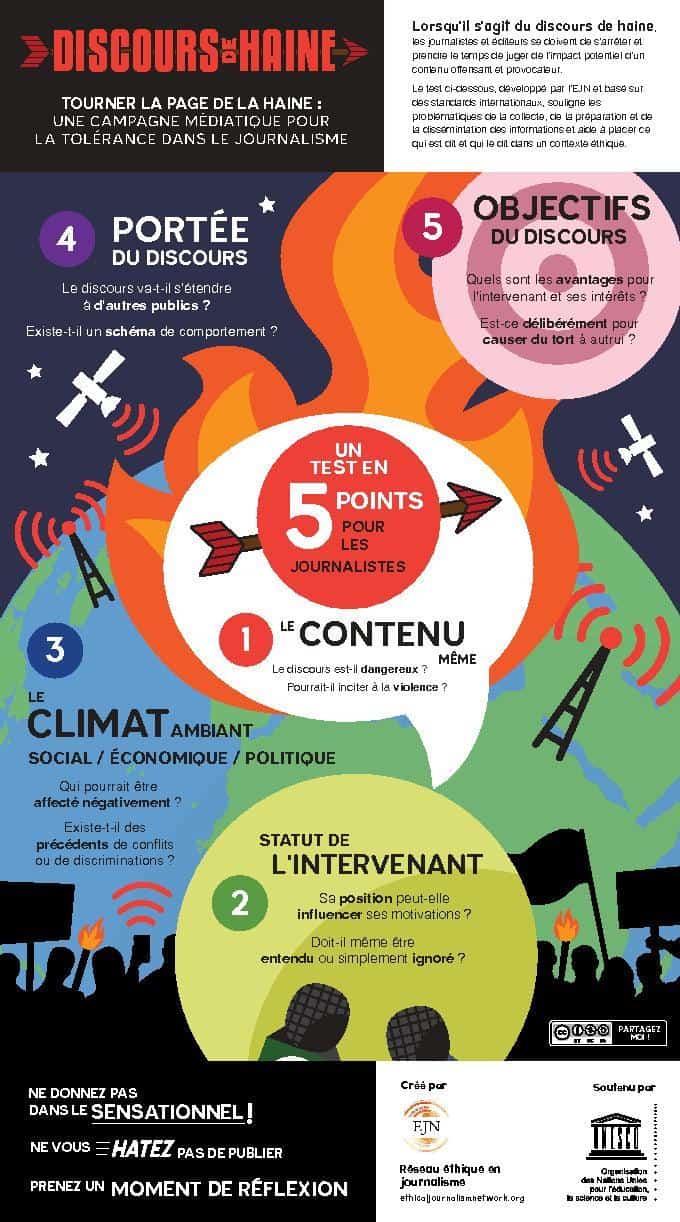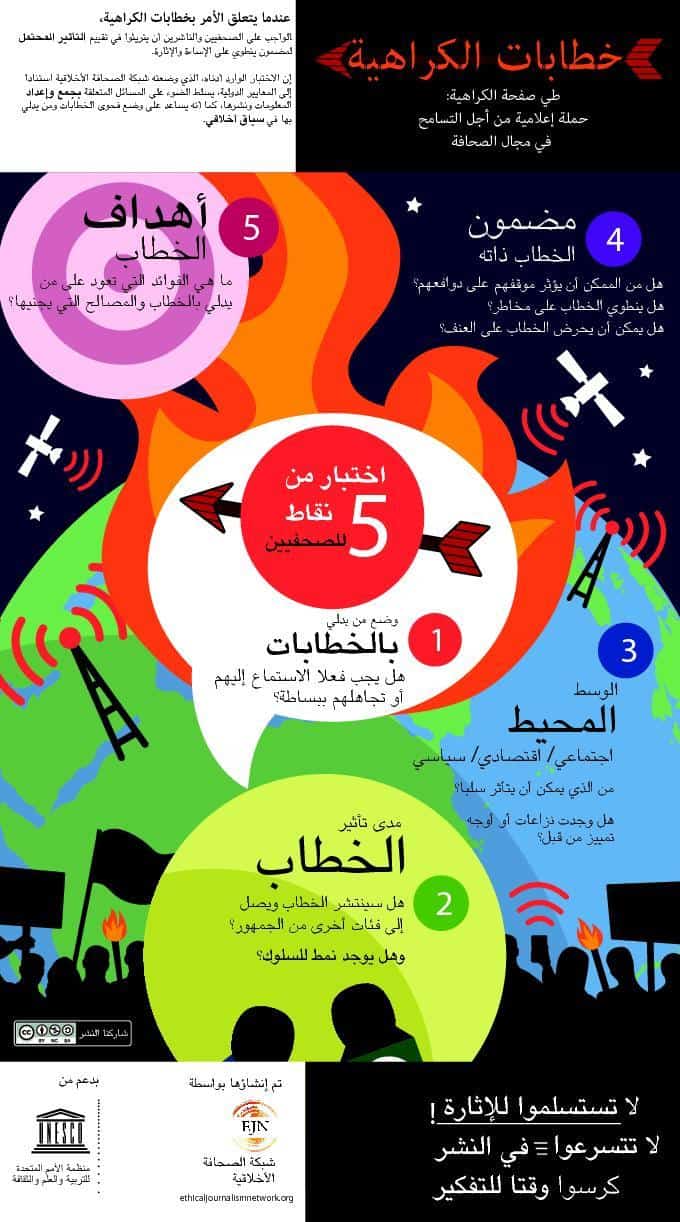UNESCO World Press Freedom Day 2016 – Helsinki
On 3 May the Ethical Journalism Network’s director Aidan White chaired a panel discussion at UNESCO’s World Press Freedom Day celebrations in Helsinki, Finland on how to identify and counter hate speech without creating environments that result in censorship of legitimate expression.
The session explored the efforts of press councils and media ombudsmen to create self‐regulatory systems to encourage journalistic ethics in public communications to a larger role in fighting hate speech.
Date: Tuesday 3 May 2016
Time: 16:15-17:45
Venue: Finlandia Hall, Veranda 4
Organisers: International Federation of Journalists | Finnish Union of Journalists | Finnish Council for Mass Media
Moderator: Aidan White, Director, Ethical Journalism Network
Panellists
- Elina Grundström, Chair, Council for Mass Media in Finland (Finland)
- Ljiljana Zurovac, Executive Director, Bosnia Herzegovina Press Council (Bosnia and Herzegovina)
- Mogens Blicher Bjerregård, President, European Federation of Journalists (Denmark)
- Nezar Patria, Member, Indonesian Press Council (Indonesia)
- Zuliana Lainez, Secretary General, Asociación Nacional de Periodistas del Perú (Peru)
The session on hate speech at the World Press Freedom Day celebrations in Helsinki will be will explore:
- How do news media internal practices and codes of conduct to counter hate speech translates to journalism done in the field?
- How could self‐regulatory experience in news media be used to inform other actors such as social media producers, and the owners of Internet communications platforms?
- In what ways can Media and Information Literacy help audiences to deal with dangerous speech?
PRESS RELEASE – World Press Freedom Day – 3 May 2016: Journalism must take a lead in countering hate speech and propaganda
 Self-regulation
Self-regulation
Last year the Ethical Journalism Network produced an international review of self-regulation to outline both the good practices that industry bodies and journalists’ unions have sought to encourage in newsrooms as well identify malpractices and weakness.
The report – The Trust Factor – tests how well journalism is monitored and its mistakes handled in 16 countries, including challenging hot spots in the Middle East, Africa, Latin America and Asia.
Systems of self-regulation of media and journalism need radical rethinking if they are to survive the harsh economic and political realities of news media in the digital age, the reports concludes.
Turning the page of hate
In response to the Rabat Plan of Action, the Ethical Journalism Network created a five-point test to help journalists and others identify hate speech. You can download the test in English, French and Arabic. The five-point test was part of UNESCO’s World Radio celebrations in February and has been used by journalists in Rwanda, Tanzania and around the world.


